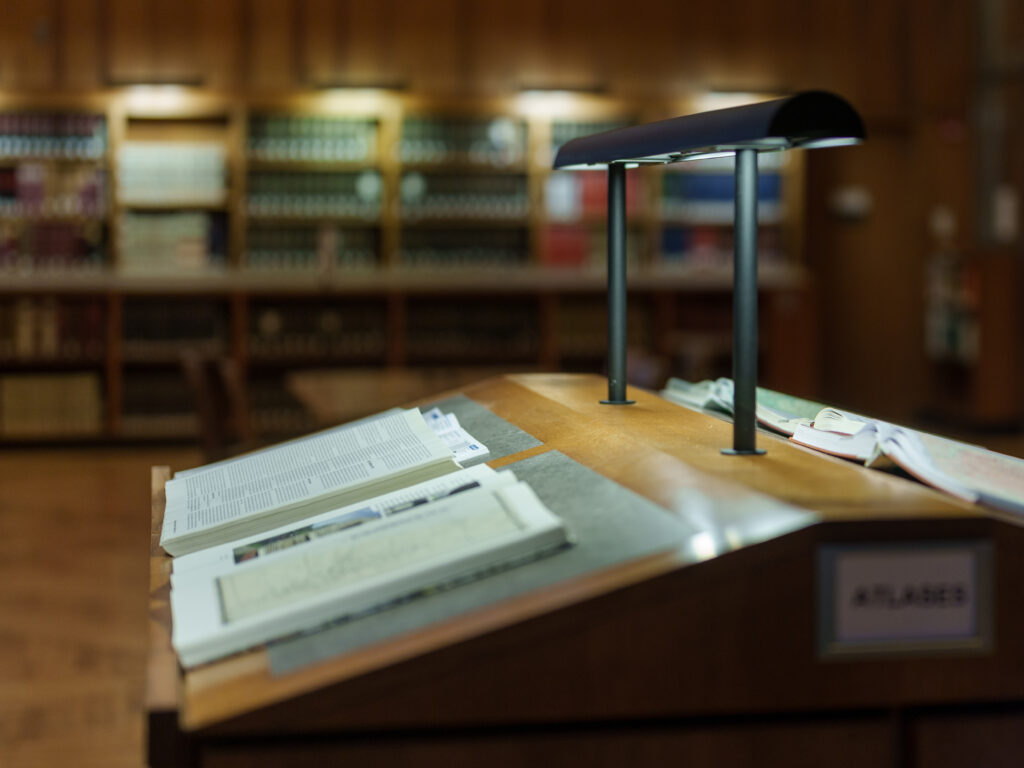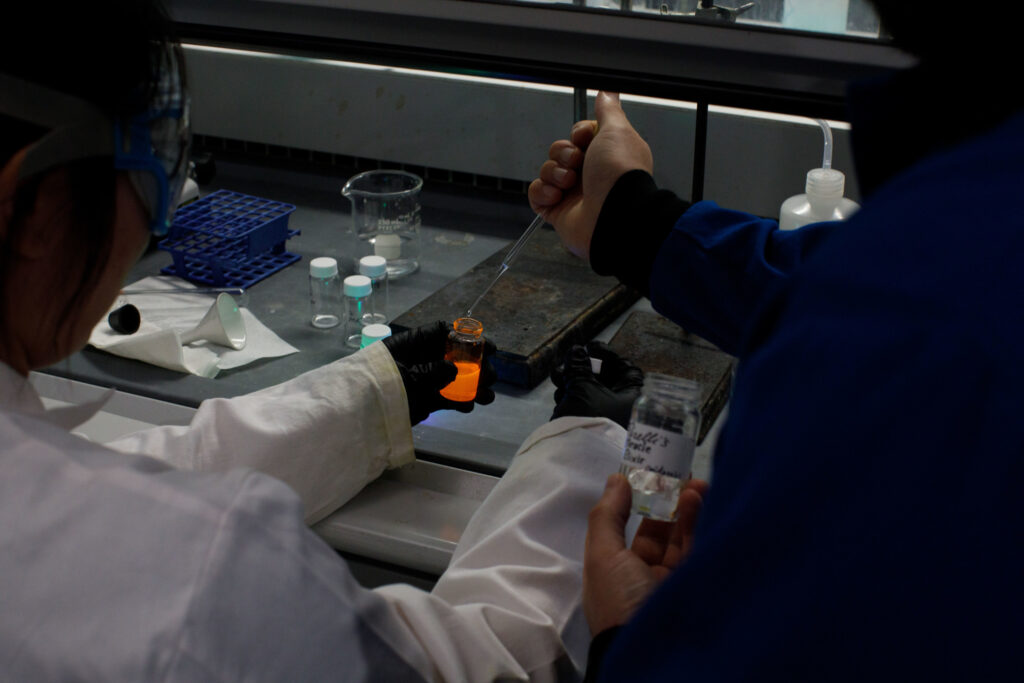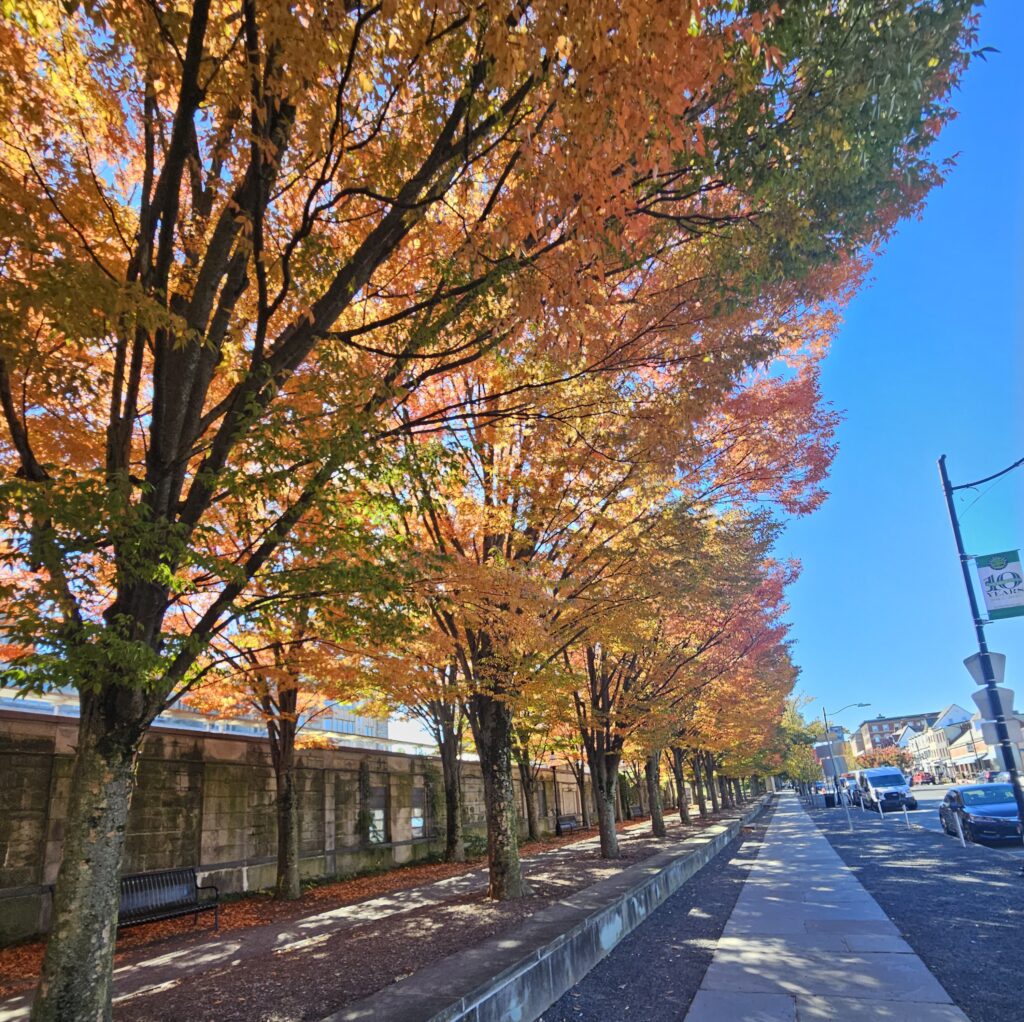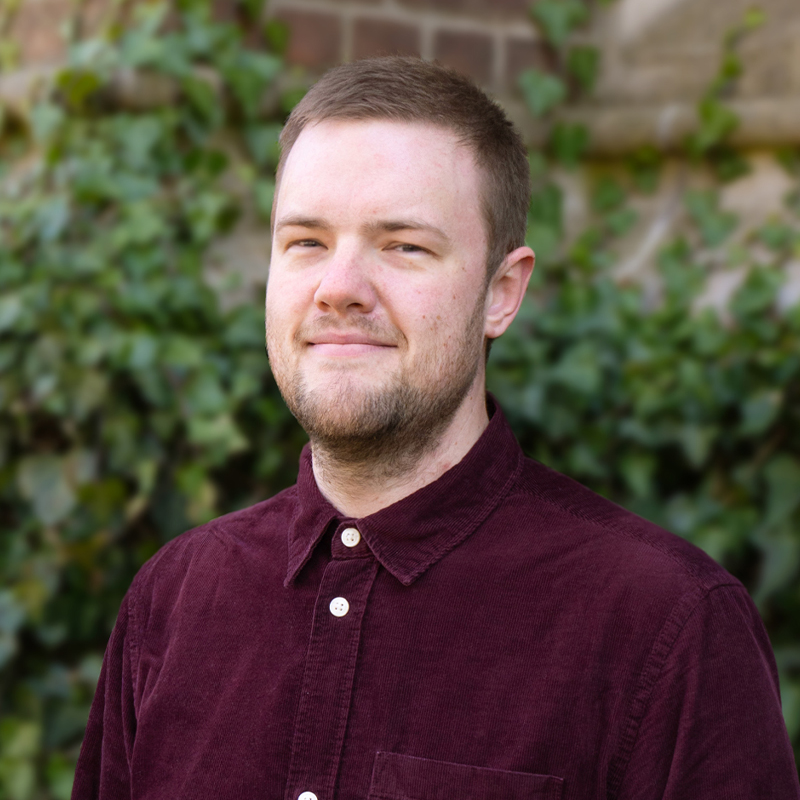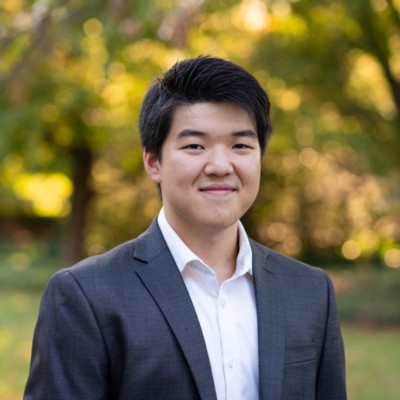Many students at Princeton spend their summers exploring a research project or a lab internship in their field of interest. But what’s next? Maybe you really enjoyed your experience and wanted to continue. Then, you come across the question: should I stay in the same lab or join a different lab?
This was the question I pondered when entering my sophomore year. I had an incredible summer experience as an High Meadows Environmental Institute intern in the Sigman Research Laboratory in the summer of 2023. I worked on a project that enabled my exploration of biogeochemical reconstruction via an investigation of the marine environment during a historical mass extinction through the use of a biological proxy known as foraminifera. But, where did I want to go from there? If you’re in a similar position, here are some things to keep in mind!
Continue reading Choosing A Lab: To Stay or To Go?


